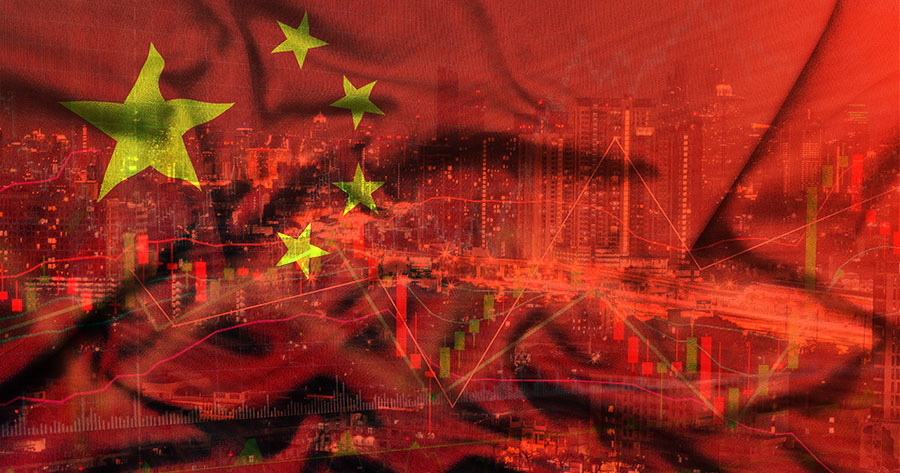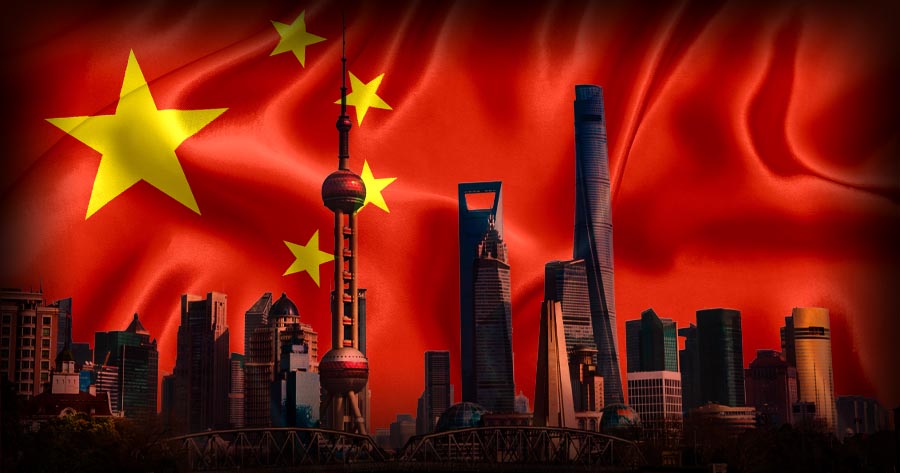In December, China’s consumer prices growth remained sluggish in 2024, while deflation in factory prices also entered its second year as the economy continued to falter.
A continuous slump in demand is largely spurred by a combination of job insecurity, a drawn-out housing downturn, high debt, and potential tariffs from the upcoming Donald Trump administration. Beijing has ramped up stimulus measures to revitalize its economy but has only gained minimal success.
China’s National Bureau of Statistics’s data release on Thursday showed that in the previous month, the consumer price index was crawling at 0.1%, retracting from November’s 0.2% increase and has become the weakest pace since April. Although, the number was in line with Reuter’s economists poll.
Month-on-month CPI was flat against a 0.6% decline in November.
Core inflation, which is the benchmark that excludes volatile food and fuel prices, only bumped up 0.4% in the previous month from 0.3% in November, reaching its five-month peak.
2024’s CPI climbed 0.2%, following the previous year’s pace but failed to reach the official target of around 3%, making this the 13th consecutive year where the target has missed its mark.
The price war among electric vehicle makers has entered its third year and is now spreading across the retail sector to bubble tea shops.
Many customers have chosen to rent items ranging from cameras to handbags instead of buying for themself.
Also in December, the producer price index shrank 2.3% year-on-year, a slower decline than November’s 2.5% and the estimated 2.4%. Producer prices have deteriorated for the 27th straight month.
The World Bank has upgraded its forecast for China’s economic growth in 2024 and 2025 but has warned that low household and business confidence and a stagnating property sector would continue to weigh down its economy.
China has signed an astronomical $411 billion worth of special treasury bond insurance in a bid to escalate the fiscal stimulus to bump its economy up.
Beijing’s planner said last week that the government would immensely increase funding from ultra-long treasury bonds in 2025 to propel business investment and an initiative to boost consumption.





